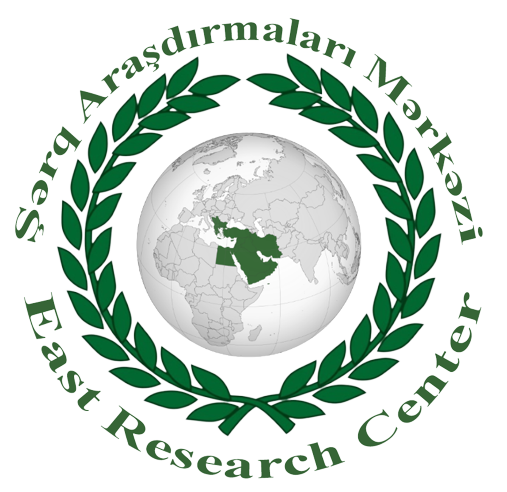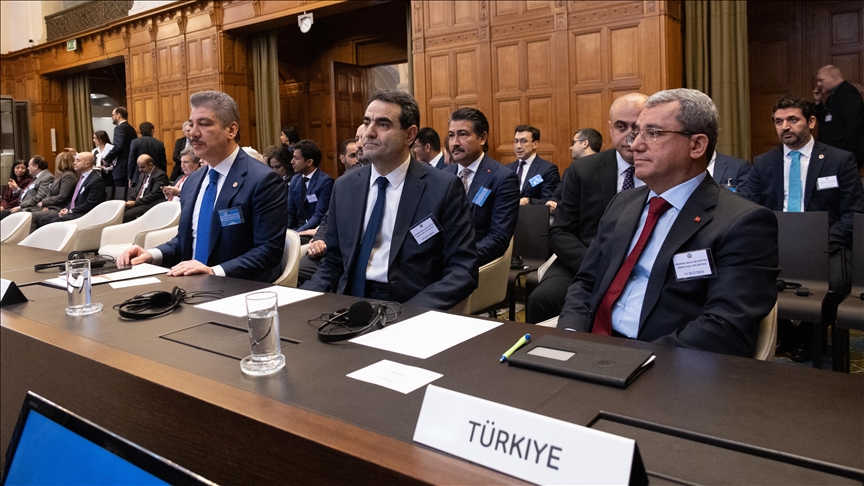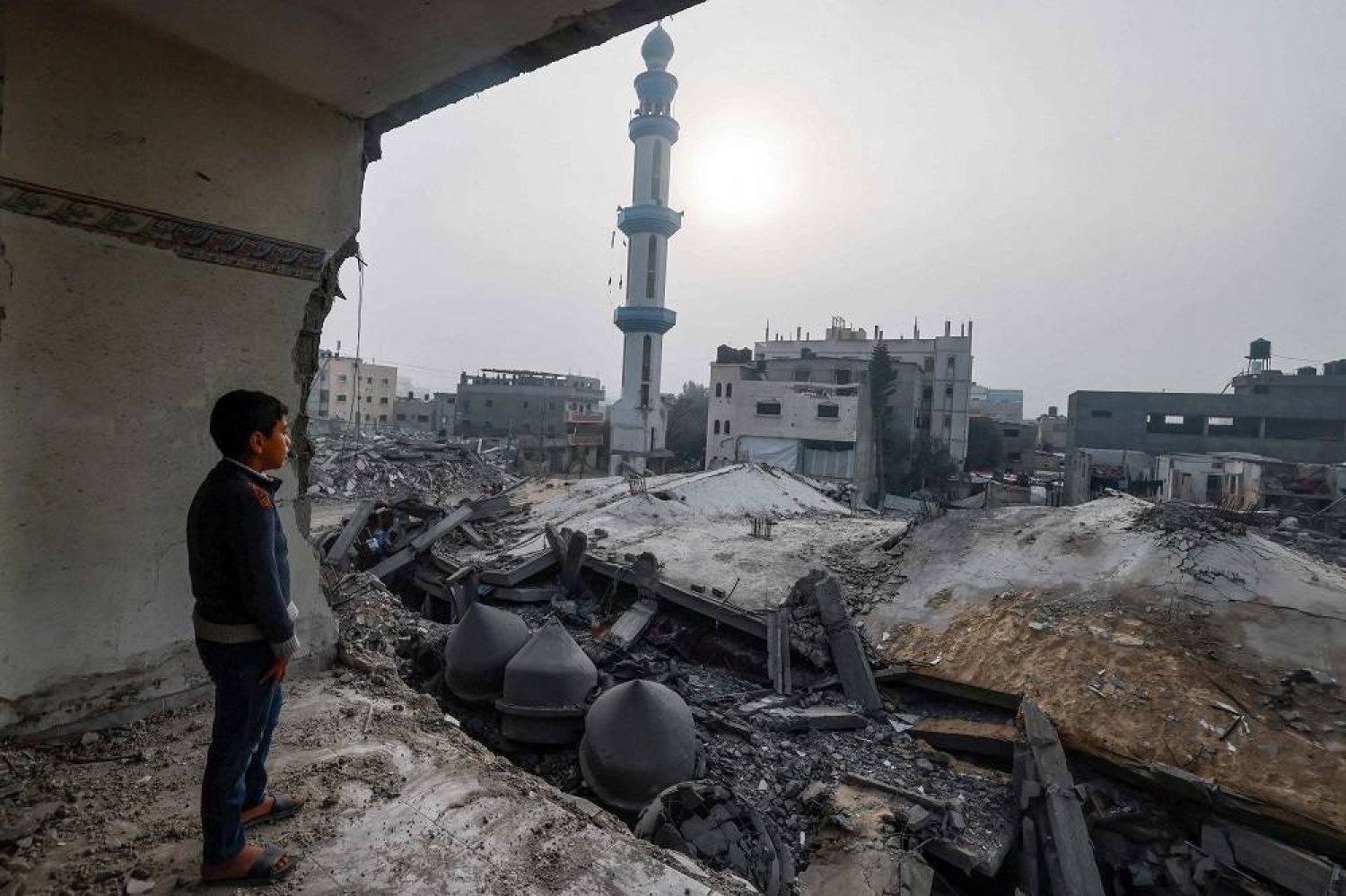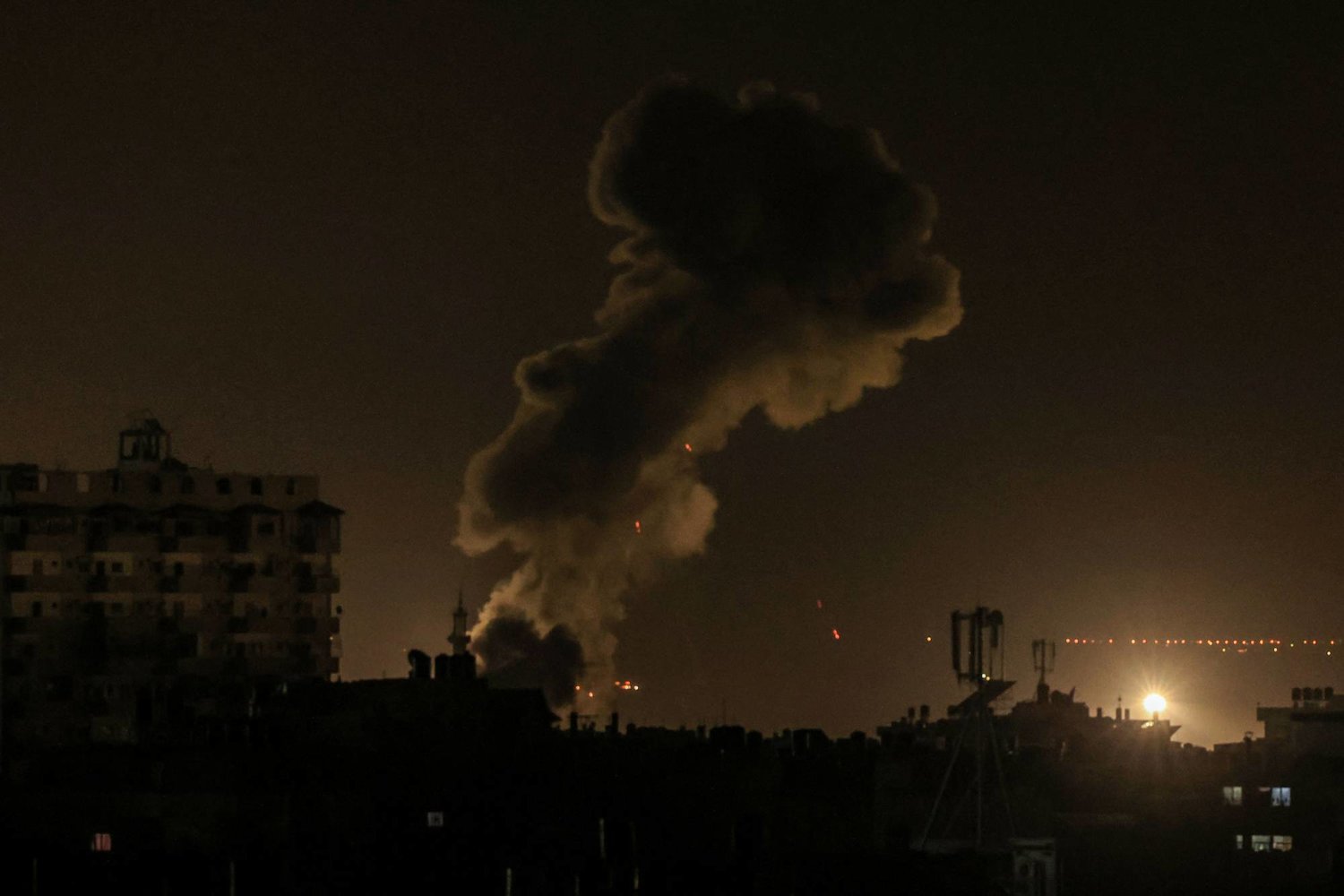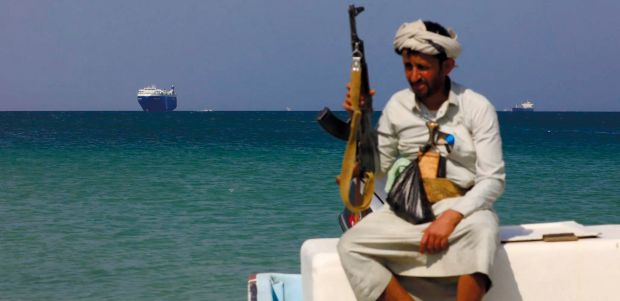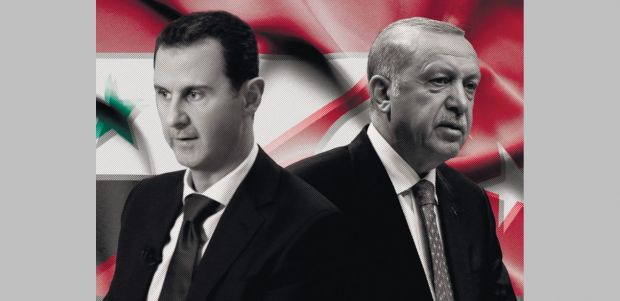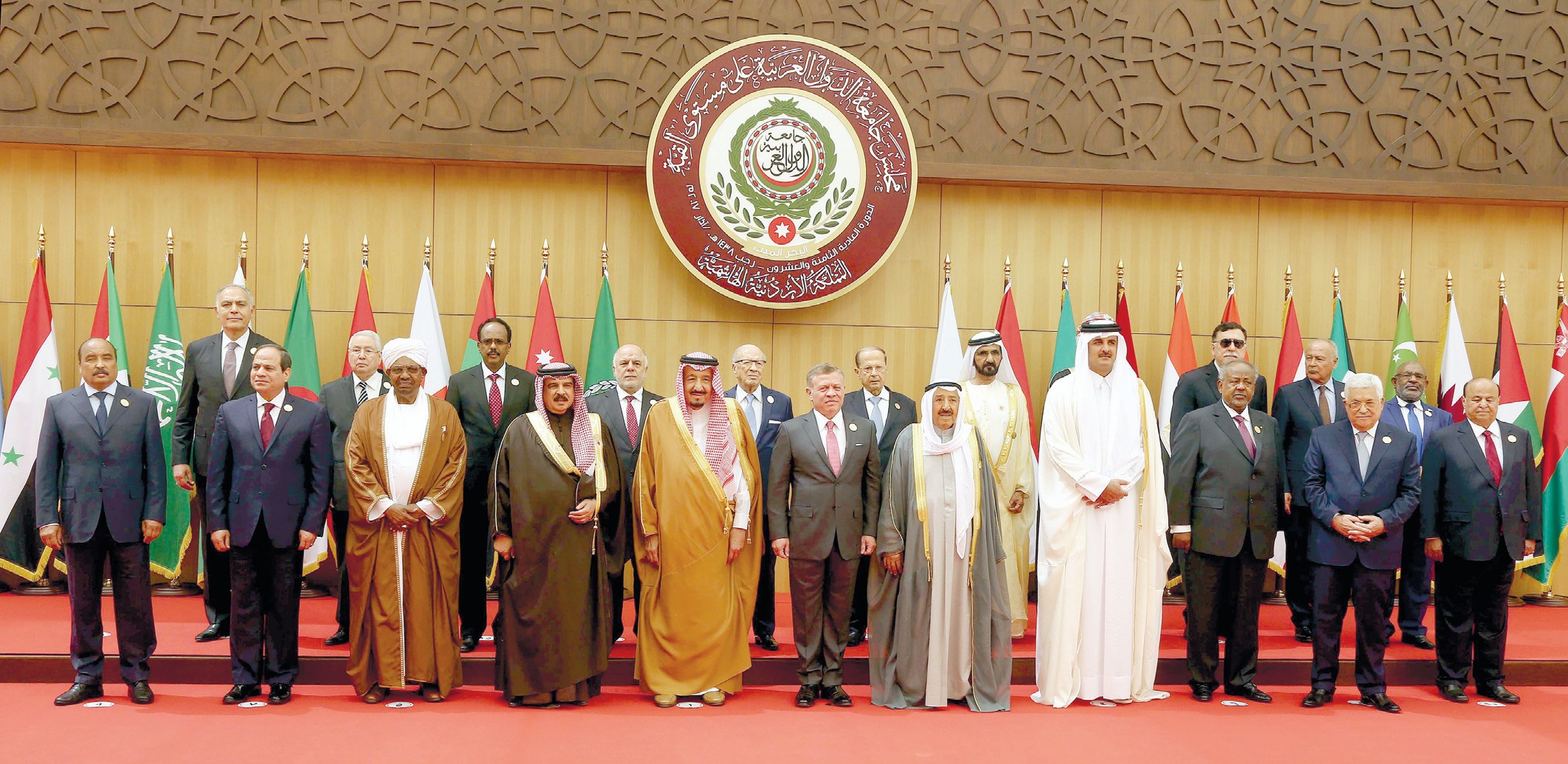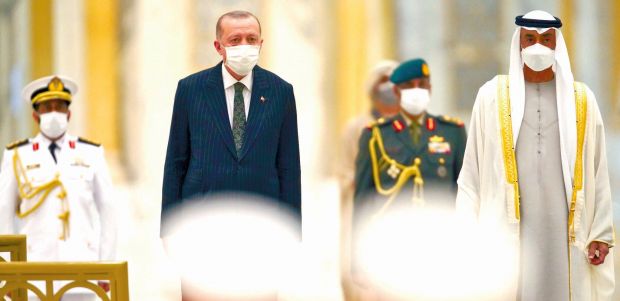
On February 14, Turkish President Recep Tayyip Erdogan made an official visit to the United Arab Emirates. The visit of the Turkish head of state after a protracted nine-year-old break amid unfavourable relations between the two countries aroused great interest and attention.
Mr. Erdogan outlined the common goal of both states as “taking bilateral relations to a higher level in all areas”. Statements of the UAE officials were also quite positive. In Abu Dhabi, the Turkish president was welcomed at the highest level, with Turkish flags decorating the city and military aircraft and cavalry escorting the guest of honour.
In total, the parties have signed 13 agreements on various fields, including defence, climate change, health, industry, technology, culture, agriculture, etc.
Mr. Erdogan met with the de facto leader of the UAE, Abu Dhabi Crown Prince Mohammed bin Zayed Al Nahyan and the Emir of Dubai, Prime Minister Mohammed bin Rashid Al Maktoum. Experts believe that improved relations between the UAE and Turkey will have a major impact on both countries and the region in general.
The Arab Spring of discord
Cooling of relations between the UAE and Turkey occurred with the coming of the Arab Spring in 2011. Ankara's relations with Abu Dhabi, Cairo and a few other Arab capitals deteriorated significantly after the military coup in Egypt in 2013, as they were major supporters of Egypt's incumbent president Abdul-Fattah al-Sisi during these events.
Turkish officials have also accused the UAE of funding terrorist organisations and supporting the coup attempt in Turkey on July 15, 2016.
The situation further deteriorated after Turkey sided with Doha in 2017 in response to the embargo and pressure on Qatar from Saudi Arabia, Egypt, the UAE and Bahrain. In addition, UAE officials accused Turkey of looting the city during the 1918 siege of Mecca by the Ottoman army, which took some Islamic artefacts of historical significance to Istanbul.
The Emirates also allowed Sedat Peker, a Turkish national who has made a stir on social media with his high-profile statements against the Turkish government, to take refuge in the country. At the same time, the UAE, much to Ankara's chagrin, supported Greek companies in developing oil and gas fields in the Eastern Mediterranean.
Need for reconciliation
But now the situation has changed. Obviously, the hostility badly hurts both countries. And it is more about the serious threats that challenge both countries in the region than the scale of economic losses due to the Ankara-Abu Dhabi standoff.
This is the third year that the UAE has been hit by missile and drone attacks from the Yemeni Houthis. While exact numbers have not been released, the attacks made from a distance of 1,500 km have caused serious damage to the UAE's oil terminals, industrial centres, air and maritime ports.
In addition, the UAE is threatened by tensions and the risk of war with Iran. Failure of attempts to keep Qatar under blockade, fruitless eight-year war with Yemen and the equally unsuccessful war in Libya are pushing the UAE to reconcile with Turkey, a powerful regional power. In addition, Turkey is considered one of the most favourable territories to be an alternative route for gas exports and transportation of goods from the Persian Gulf to Europe. In other words, there are also economic interests at stake.
Ankara is also interested in improving relations with the UAE. This would make it possible to get out of the Libyan stalemate, exploit energy resources in the Mediterranean and improve relations with other Arab countries, especially Saudi Arabia and Egypt. Finally, it would help Turkey attract investments from the Gulf countries to reduce the existing level of tension in the country due to high inflation. On the other hand, the rapprochement of the UAE and its allies with Turkey's regional rivals—Greece, Armenia and Israel—has created serious grounds for diplomatic attacks on Ankara.
Long road to reconciliation
In fact, the process of melting ice-cold relations and reconciliation between Turkey and the UAE began two years earlier. In August and November 2021, UAE National Security Adviser Tahnoun ibn Zayed Al Nahyan and Emirati leader Mohammed ibn Zayed Al Nahyan visited Ankara, respectively. The UAE leaders came to Turkey with a bunch of ‘good proposals’ and plans to invest in various sectors of the Turkish economy, from transportation to energy.
Notably, at the end of January, the Israeli president paid his first ever visit to the UAE—a major step following the Abraham Accords signed in 2020 with the US mediation to strengthen Arab-Israeli friendship. And in the second half of March, the Israeli president will visit Turkey after an almost twelve-years-old break. In other words, the softening of relations becomes an increasingly multilateral process.
Turkey: from idealism to pragmatism
The Arab Spring has not only caused unrest and turmoil in some Arab countries but also led to dramatic shifts in foreign policy of some Muslim countries, including Turkey. Over the past decade, Ankara's political pragmatism in its relations with Middle Eastern countries has gone far beyond the concept of ‘zero problems with neighbours’, giving way to revolutionary idealism propagated under the slogans of Muslim solidarity, democracy and freedom.
The 2009 crisis in Davos and the 2010 Mavi Marmara incident not only made the Turkish-Israeli relations worse, but also had a significant impact on Ankara's status as a leader of the Muslim world against Israel. During this period, Turkey has consistently followed a path of confrontation in its relations with Israel on both the Palestinian issue and the issue of Jerusalem. It was also clear that during the Arab Spring, Ankara has viewed the situation in Egypt, Libya and Syria through the prism of revolutionary idealism and Muslim solidarity, leaving pragmatic state interests aside. As a result, Ankara has done everything to turn serious regional and global players like Israel, Egypt, the UAE and Saudi Arabia into its enemies, despite years of warm relations. Moreover, Turkey has soon found itself almost alone against Greece in the development of oil and gas fields in the Mediterranean.
So, in 2020, Turkey began reshaping its regional policy. It is true that Ankara condemned the UAE for endorsing the 2020 Abraham Accords. But with the new Arab-Israeli reconciliation gaining momentum, Ankara risks being left all alone in the region.
Thus, Turkey has stepped up its efforts to restore the fractured ties with other regional players. It has started peace talks with Cairo and normalised its relations with the UAE. It also is restoring ties with Saudi Arabia drastically deteriorated after the notorious incident with the Saudi journalist Jamal Khashoggi. At the same time, Ankara is building relations with another new powerful player in the region, Israel.
Certainly, it would be unwise to expect Ankara reset the system of relations available ten years ago any time soon. However, the evolving situation and the demand for Turkey in the region are accelerating the overall process.
Probably the main obstacle to Turkey's new regional policy is the risk of worsening relations with Iran and losing its image as the leader of the Islamic world.
To avoid these risks, in mid-February, before the Israeli president's visit to Ankara, the Turkish government has sent a group of senior officials to Palestine for consultations. Spokesman of the Turkish president, Ibrahim Kalin, met with Israeli and Palestinian leaders in Jerusalem. But only time will tell how effective the outcome of these talks will be. But the very fact of such high-level meetings demonstrates that the Turkish government remains sensitive to the common issues of the Islamic community.
Reformatting the region
For sure, it is impossible to restore relations that have been damaged over the years overnight, especially when they affect the interests of more than one country. However, signals from Ankara and Abu Dhabi indicate that both sides are interested in reconciliation, given the mutual benefits of the process. For instance, the UAE is offering Turkey several lucrative economic projects, being interested in cooperation on regional issues and support in case of possible tension. Turkey hopes to receive the UAE's approval for serious investments in the country, as well as support for its actions in Libya and the Mediterranean.
Most importantly, in the new system of relations taking shape in the region, both countries want to see each other on the same side rather than on opposite fronts. This is also good for Azerbaijan. Despite their small size, the UAE and Qatar are serious political players in the Middle East and the Muslim world in general. Large revenues from oil and gas exports, political support from the US and Europe, and large financial resources underpin the political and diplomatic power of these countries.
Turkey's rapprochement with the UAE would in turn strengthen Azerbaijan's position in international organisations, providing support to Arab Muslim countries to counterbalance the activities of the Armenian lobby there. Note that due to the cooling of relations between the UAE, Saudi Arabia and Turkey, the former two have established friendly ties with Armenia. Last year, the Armenian president visited Saudi Arabia for the first time and met with King Salman bin Abdul Aziz. Also, two years ago high-ranked officials from Armenia and the Emirates began reciprocal visits. Therefore, a new political configuration is required in the region to mitigate the effects of such risks.
